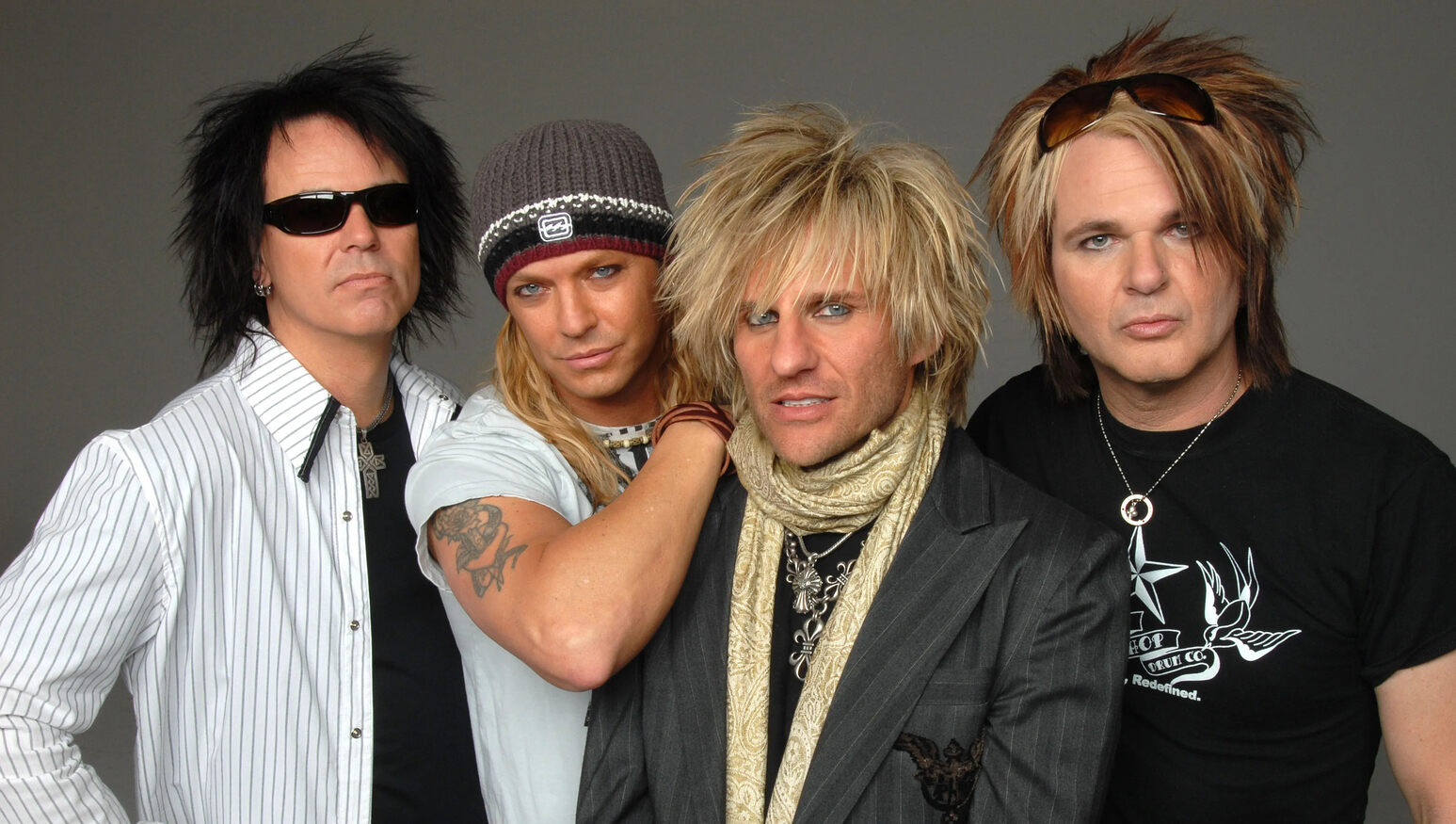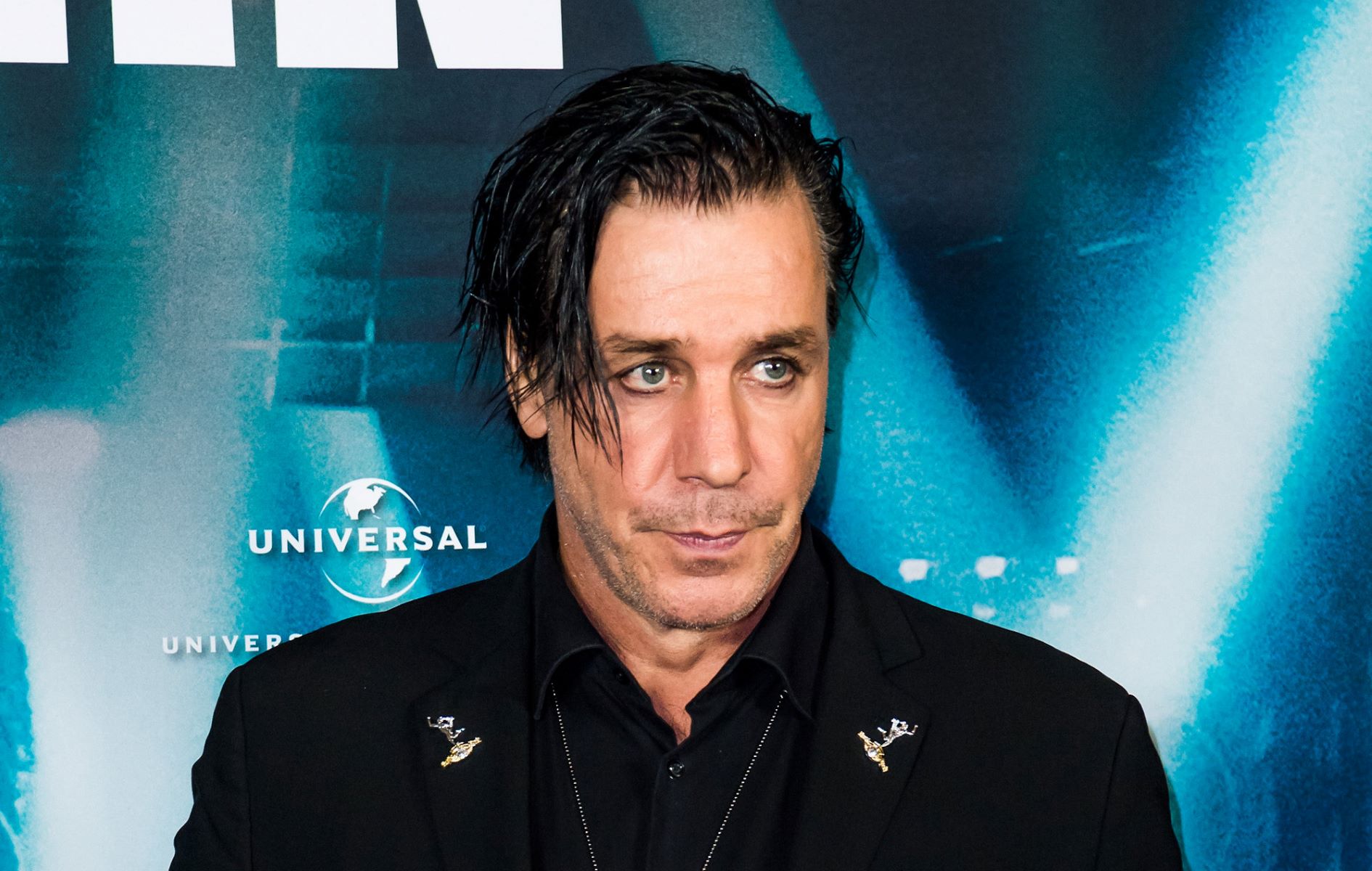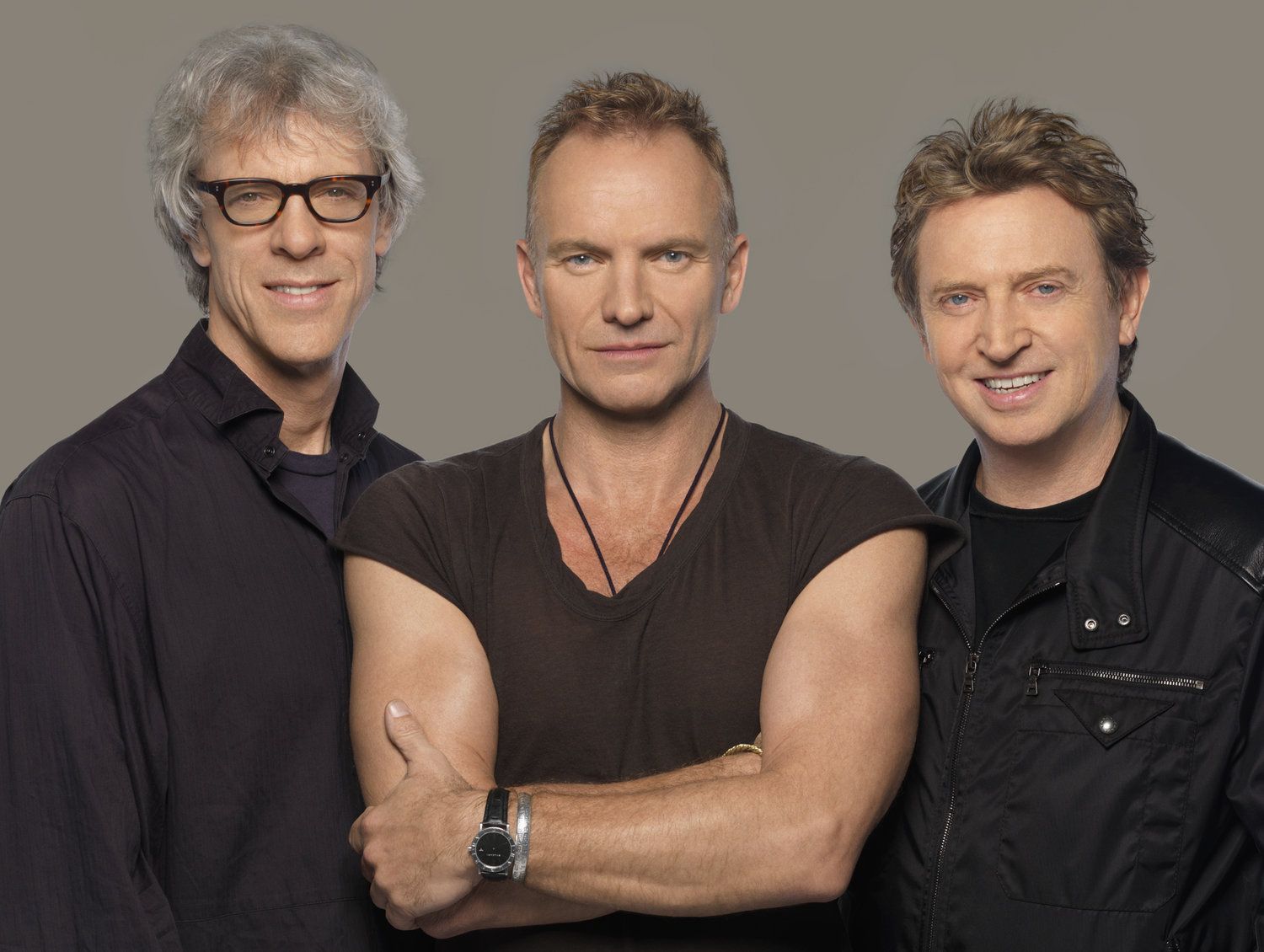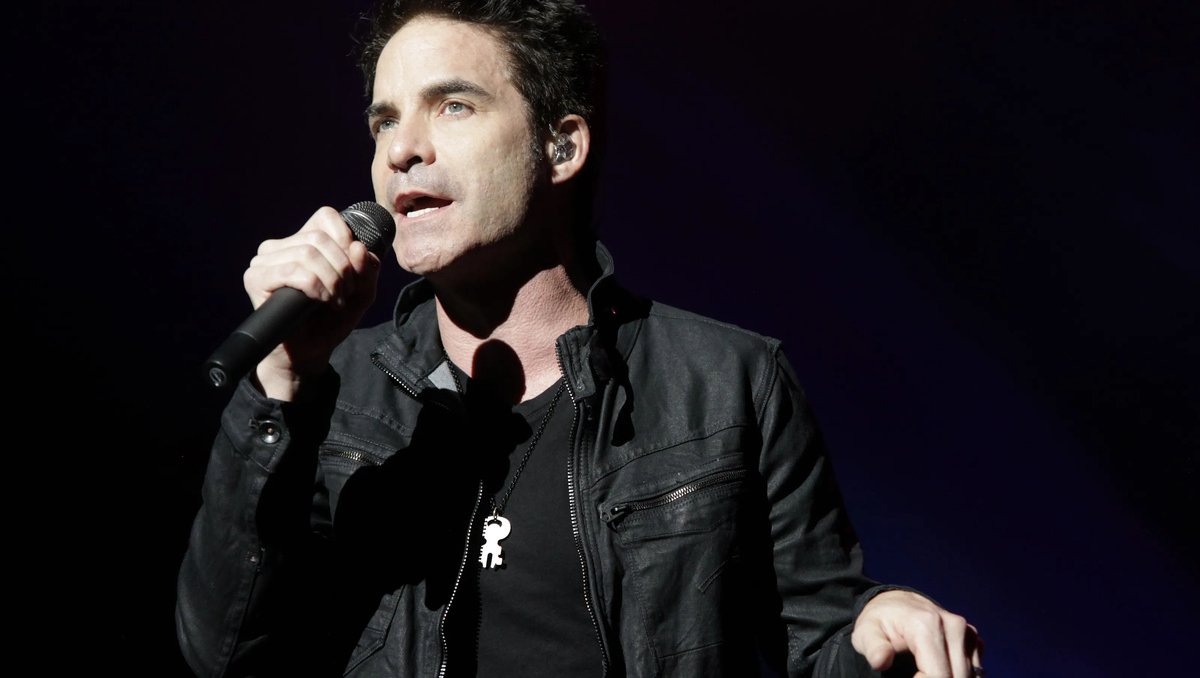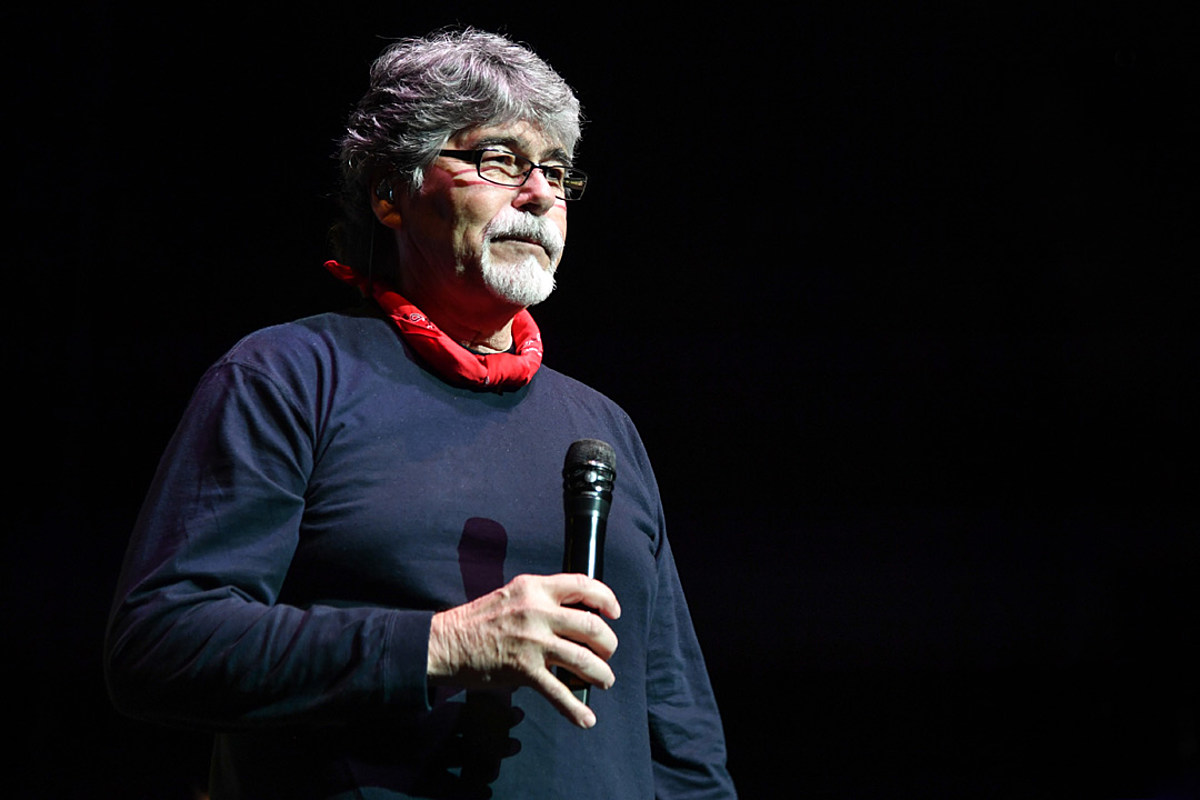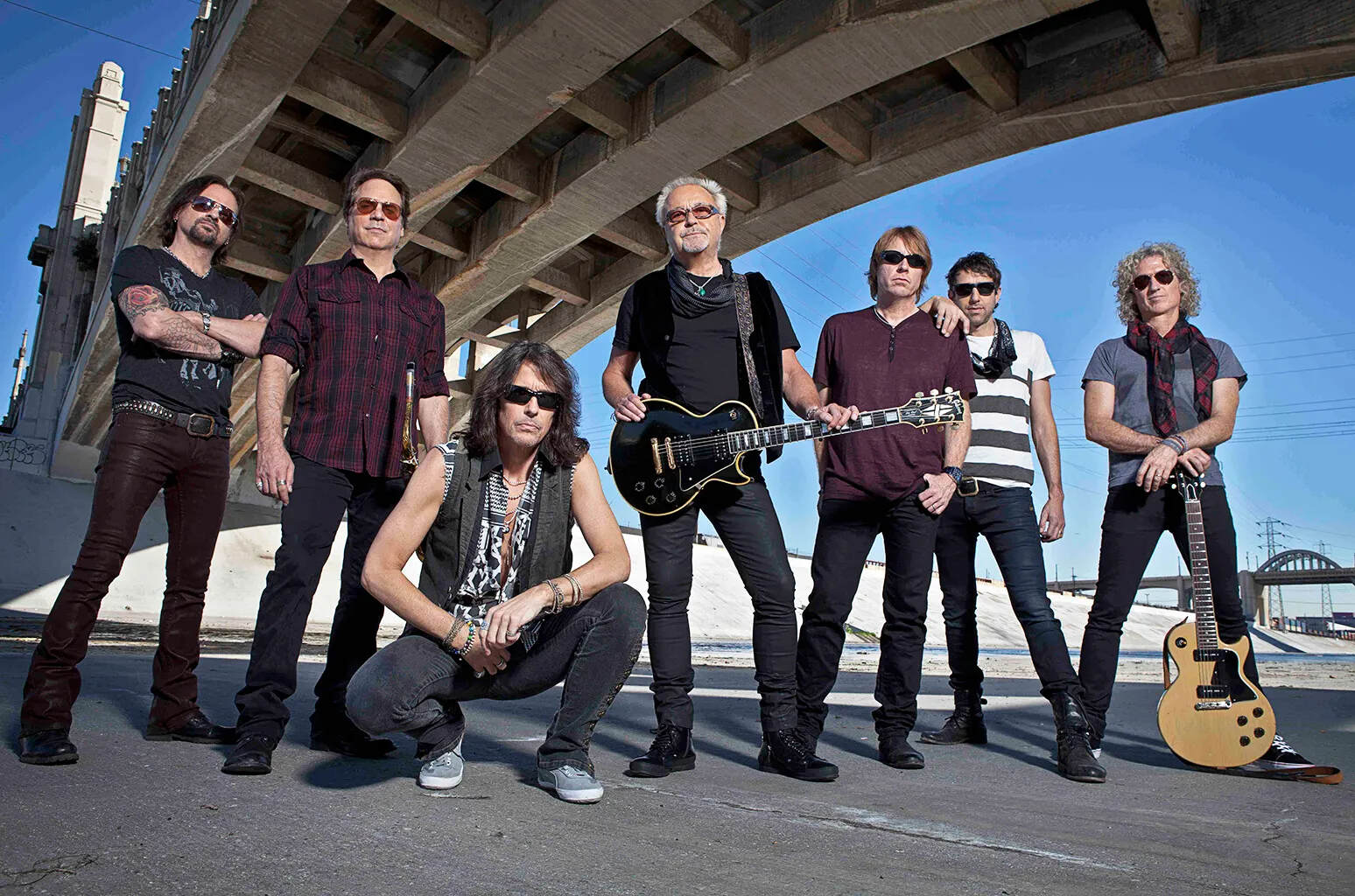Home>Production & Technology>Singer>Who Is The Lead Singer Of CCR
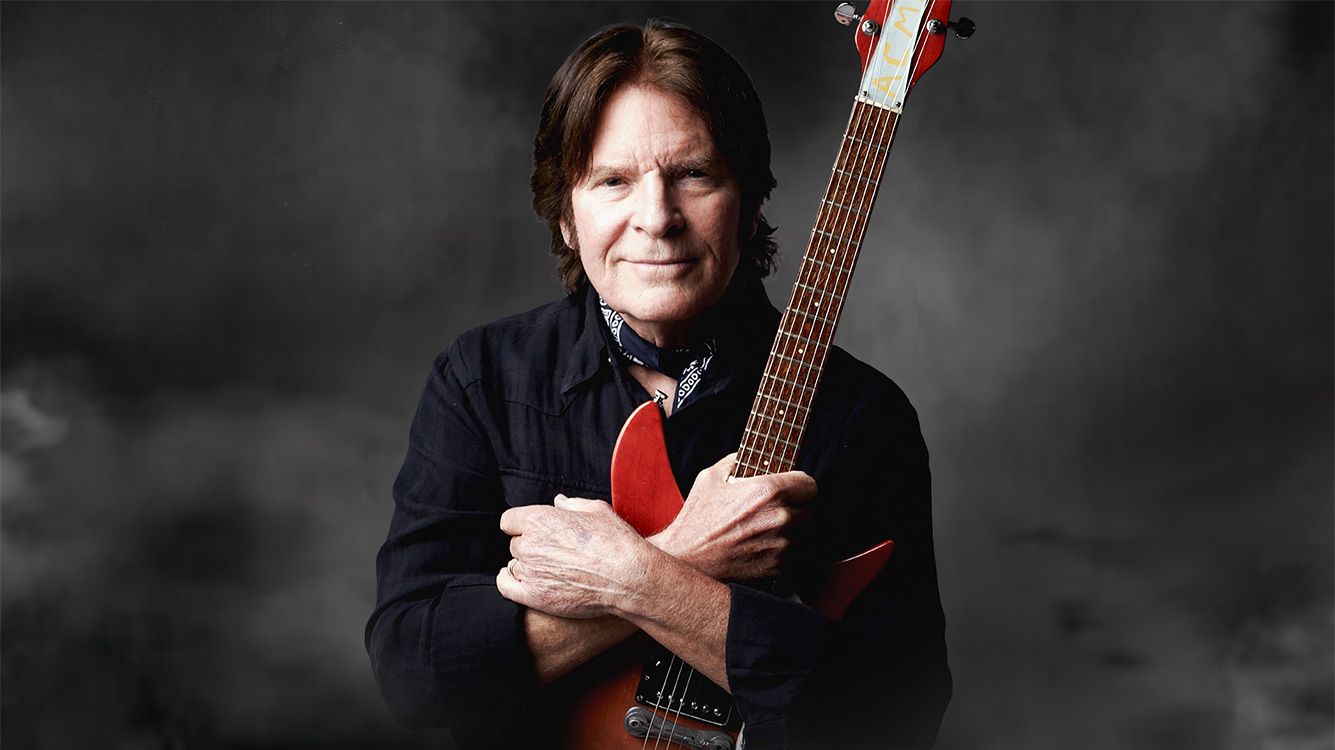

Singer
Who Is The Lead Singer Of CCR
Published: February 28, 2024
Find out who the lead singer of CCR is and learn about their musical journey. Discover the talented vocalist behind the iconic band.
(Many of the links in this article redirect to a specific reviewed product. Your purchase of these products through affiliate links helps to generate commission for AudioLover.com, at no extra cost. Learn more)
Introduction
Creedence Clearwater Revival (CCR) is an iconic American rock band that left an indelible mark on the music industry during the late 1960s and early 1970s. Known for their timeless hits such as "Proud Mary," "Bad Moon Rising," and "Fortunate Son," CCR's music continues to resonate with audiences across generations.
At the heart of CCR's unmistakable sound was their lead singer, John Fogerty. His soulful voice and evocative songwriting played a pivotal role in shaping the band's identity and cementing their status as one of the most influential rock acts of their era.
In this article, we delve into the life and career of the enigmatic frontman, exploring the early years of CCR, the band's meteoric rise to fame, and Fogerty's enduring legacy as the voice of CCR. Additionally, we'll uncover the trajectory of his career following the band's dissolution, shedding light on his remarkable journey as a solo artist.
Join us on a captivating journey through the captivating story of John Fogerty, the lead singer of CCR, and discover the profound impact of his musical genius on the landscape of rock 'n' roll.
Early Years of CCR
In the early 1960s, a group of talented musicians from El Cerrito, California, came together to form what would eventually become one of the most revered rock bands in history. Comprising John Fogerty, Tom Fogerty, Stu Cook, and Doug Clifford, Creedence Clearwater Revival (CCR) emerged as a force to be reckoned with in the music industry.
The band's journey began with humble origins, as they honed their craft and navigated the vibrant music scene of the San Francisco Bay Area. Drawing inspiration from diverse musical influences, the members of CCR embarked on a quest to carve out their distinctive sound, blending elements of rock and roll, rhythm and blues, and roots music.
As the band's lead vocalist and primary songwriter, John Fogerty played a pivotal role in shaping CCR's musical direction. His evocative lyrics and soulful vocal delivery became hallmarks of the band's identity, captivating audiences and earning widespread acclaim.
In 1968, CCR signed a record deal with Fantasy Records, marking a significant milestone in their burgeoning career. This pivotal moment paved the way for the band to unleash their creative prowess and share their electrifying music with the world.
The early years of CCR were characterized by an unwavering commitment to their craft, as they poured their hearts and souls into creating music that resonated with listeners on a profound level. Their relentless dedication and boundless passion set the stage for the meteoric rise that awaited them in the years to come.
As CCR began to gain traction in the music industry, their electrifying live performances and chart-topping hits propelled them to the forefront of the rock music landscape. Songs like "Suzie Q" and "I Put a Spell on You" showcased the band's raw energy and musical prowess, captivating audiences and solidifying their reputation as a tour de force in the world of rock and roll.
The early years of CCR laid the foundation for their enduring legacy, setting the stage for a remarkable journey that would leave an indelible mark on the annals of music history. The band's unwavering commitment to their craft and their relentless pursuit of artistic excellence would ultimately propel them to unparalleled heights of success, forever etching their names in the hallowed halls of rock music immortality.
Rise to Fame
As the 1960s unfolded, Creedence Clearwater Revival (CCR) embarked on a meteoric ascent to stardom, captivating audiences with their electrifying music and etching their place in the annals of rock history. The band's relentless dedication to their craft and their unwavering commitment to artistic excellence laid the groundwork for their remarkable rise to fame.
CCR's breakthrough came with a string of chart-topping hits that resonated with the zeitgeist of the era, propelling them into the spotlight and igniting a fervent following of loyal fans. The release of iconic singles such as "Proud Mary," "Bad Moon Rising," and "Fortunate Son" catapulted CCR to the summits of the music charts, solidifying their status as one of the preeminent rock acts of their time.
John Fogerty's soul-stirring vocals and evocative songwriting played a pivotal role in shaping the band's sonic identity, infusing their music with a raw, unbridled energy that captivated audiences around the globe. His distinctive voice became synonymous with the anthemic sound of CCR, propelling the band to unprecedented levels of acclaim and adulation.
As CCR's star continued to ascend, their electrifying live performances electrified audiences, solidifying their reputation as a tour de force in the world of rock and roll. The band's magnetic stage presence and infectious energy endeared them to legions of devoted fans, cementing their status as trailblazers in the realm of live music.
The 1969 Woodstock Festival served as a watershed moment for CCR, propelling them to stratospheric heights of fame and acclaim. Their electrifying performance at this iconic cultural event solidified their standing as one of the defining acts of the era, leaving an indelible imprint on the collective consciousness of a generation.
CCR's meteoric rise to fame was a testament to their unparalleled musical prowess and their ability to tap into the pulse of the cultural zeitgeist. Their anthemic songs and electrifying performances resonated with audiences on a profound level, earning them a permanent place in the pantheon of rock music legends.
As the 1970s dawned, CCR's status as global rock icons was firmly entrenched, and their music continued to reverberate across airwaves, concert halls, and the hearts of fans worldwide. The band's ascent to the upper echelons of musical stardom was a testament to their unwavering passion, unparalleled talent, and the enduring legacy of their timeless music.
The Voice of CCR
At the heart of Creedence Clearwater Revival's (CCR) unmistakable sound was the soul-stirring voice and evocative songwriting of John Fogerty. As the lead vocalist and primary songwriter of the band, Fogerty's contributions were instrumental in shaping CCR's sonic identity and propelling them to the forefront of the rock music landscape.
Fogerty's vocal prowess was characterized by its raw, emotive power and soulful resonance, captivating audiences with its authenticity and depth. His distinctive voice became synonymous with the anthemic sound of CCR, infusing their music with an unparalleled sense of passion and conviction. Whether delivering poignant ballads or high-octane rockers, Fogerty's vocals possessed an irresistible magnetism that left an indelible impression on listeners.
Beyond his vocal talents, Fogerty's songwriting prowess played a pivotal role in defining CCR's musical legacy. His evocative lyrics delved into themes of societal unrest, personal introspection, and the complexities of the human experience, resonating with audiences on a profound level. From the iconic anthem "Fortunate Son," which served as a searing critique of class privilege and the Vietnam War, to the timeless ballad "Have You Ever Seen the Rain," Fogerty's songwriting deftly captured the essence of the tumultuous era in which CCR thrived.
Furthermore, Fogerty's ability to craft infectious melodies and compelling narratives endowed CCR's music with a timeless quality that continues to endure across generations. His songwriting prowess, coupled with his impassioned vocal delivery, elevated CCR's discography to legendary status, solidifying their impact on the fabric of rock music.
In addition to his vocal and songwriting talents, Fogerty's role as a multi-instrumentalist further underscored his musical virtuosity. His proficiency on guitar, harmonica, and other instruments enriched CCR's sonic tapestry, contributing to the band's dynamic and compelling sound.
John Fogerty's remarkable contributions as the voice of CCR resonate as a testament to the enduring power of his artistry. His soul-stirring vocals, poignant songwriting, and instrumental prowess collectively shaped the band's indelible legacy, leaving an indelible imprint on the annals of rock music history. Through his unparalleled talents, Fogerty cemented his status as an iconic figure in the pantheon of rock 'n' roll, ensuring that his influence and legacy endure as a timeless testament to the transcendent power of music.
Post-CCR Career
Following the dissolution of Creedence Clearwater Revival (CCR) in 1972, John Fogerty embarked on a remarkable journey as a solo artist, forging a path that would further solidify his status as a musical luminary. Despite the challenges and complexities that accompanied the aftermath of CCR, Fogerty's unwavering passion for music propelled him toward a prolific and enduring solo career.
In the wake of CCR's disbandment, Fogerty faced a period of introspection and reinvention, navigating the intricate landscape of the music industry with tenacity and resilience. His debut solo album, "John Fogerty," released in 1975, marked a triumphant return to the forefront of the music scene. The album's lead single, "Rockin' All Over the World," resonated with audiences and showcased Fogerty's enduring ability to craft infectious, anthemic rock compositions.
Fogerty's subsequent albums, including "Centerfield" and "Blue Moon Swamp," further underscored his artistic evolution and enduring relevance. The timeless appeal of tracks like "Centerfield" and "The Old Man Down the Road" solidified Fogerty's stature as a masterful songwriter and performer, captivating listeners with his distinctive blend of rock, blues, and roots influences.
Beyond his solo endeavors, Fogerty's impact extended to his advocacy for artistic integrity and the protection of musicians' rights. His impassioned stance against industry exploitation and his unwavering commitment to artistic autonomy endeared him to legions of fans and fellow artists alike, cementing his reputation as a principled and influential figure in the music community.
In a poignant and triumphant turn of events, Fogerty's induction into the Rock and Roll Hall of Fame in 1993 served as a resounding affirmation of his enduring impact on the fabric of rock music. His acceptance speech resonated with heartfelt gratitude and a steadfast dedication to the transformative power of music, reflecting the profound depth of his artistic vision and unwavering commitment to his craft.
As the years unfolded, Fogerty's enduring legacy continued to reverberate across the musical landscape, inspiring new generations of artists and captivating audiences with his timeless compositions. His indelible mark on the world of music serves as a testament to the transcendent power of artistic expression and the enduring resonance of a singular, incomparable talent.
In the annals of music history, John Fogerty's post-CCR career stands as a testament to the enduring power of artistic resilience, unwavering passion, and the transformative impact of a singular musical visionary. Through his remarkable solo endeavors, Fogerty solidified his status as an iconic figure in the pantheon of rock 'n' roll, ensuring that his influence and legacy endure as a timeless testament to the transcendent power of music.

